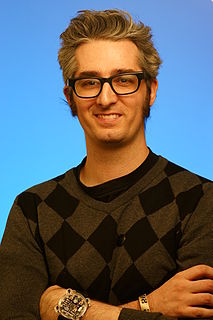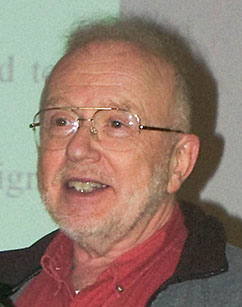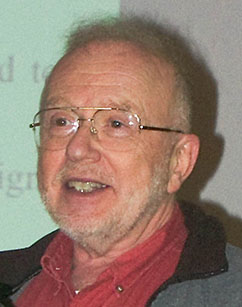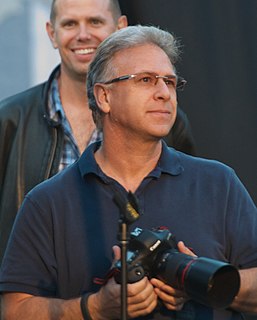A Quote by Walt Mossberg
Apple's advantage is that it designs and builds software together, so if the software isn't excellent, it does the superlative hardware a disservice.
Related Quotes
The NeXT purchase is too little too late. The Apple of the past was an innovative company that used software and hardware technology together to redefine the way people experienced computing. That Apple is already dead. Very adroit moves might be able to save the brand name. A company with the letters A-P-P-L-E in its name might survive, but it won't be the Apple of yore.
I'm not of the opinion that all software will be open source software. There is certain software that fits a niche that is only useful to a particular company or person: for example, the software immediately behind a web site's user interface. But the vast majority of software is actually pretty generic.
When someone builds a bridge, he uses engineers who have been certified as knowing what they are doing. Yet when someone builds you a software program, he has no similar certification, even though your safety may be just as dependent upon that software working as it is upon the bridge supporting your weight.
With software products, it is usual to find that the software has major `bugs' and does not work reliably for some users... The lay public, familiar with only a few incidents of software failure, may regard them as exceptions caused by exceptionally inept programmers. Those of us who are software professionals know better; the most competent programmers in the world cannot avoid such problems.

































